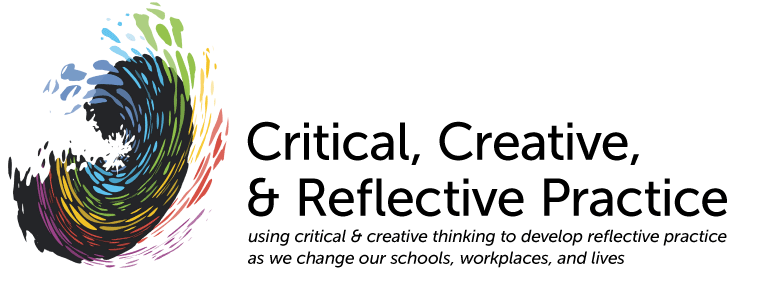Methodological Belief and Doubt
(See Graphic 11)
WHAT is it?
Methodological belief and doubt are systematic tools that help us to see from perspectives we may not have seen from otherwise. They help us see things we easily could have missed.WHO is it for?
These tools can be used by anyone wanting to understand other perspectives quickly or when you want your perspective to be better understood by others.WHY use this method?
To potentially gain new perspectives quickly without having to make a personal investment.Overview
Source: Elbow (1986)
Methodological doubt is the systematic, disciplined, and conscious attempt to criticize everything no matter how compelling it might seem—to find flaws or contradictions we might otherwise miss. This means not just listening but actually trying to believe.
Thinking is not trustworthy unless it also includes methodological belief: the equally systematic, disciplined, and conscious attempt to believe everything no matter how unlikely or repellent it might seem—to find virtues or strengths we might otherwise miss. Not just refrain from quarreling against an idea; we must try to believe it.
Both processes derive their power from the very fact that they are methodological: artificial, systematic, and disciplined uses of the mind. As methods, they help us see what we would miss if we only used our minds naturally or spontaneously. We tend to assume that the ability to criticize a claim we disagree with counts as more serious intellectual work than the ability to enter into it and temporarily assent. When we doubt we split out or fend off; when we believe we swallow or incorporate. To doubt well we learn to extricate or detach ourselves; to believe well we learn to invest or insert ourselves.
Using the 5-minute rule is a particularly easy way to try out methodological belief. For 5 minutes, allow no criticism of the idea, and everyone should try to believe it. These questions can help: (See graphic 11)
- What’s interesting or helpful about the view? What are some intriguing features that others might not have noticed?
- What would you notice if you believed this view?
- How would the world work differently if this were true?
- Under what conditions might this idea actually be true?
People who can’t answer such questions need to be quiet and listen to those who can. You will begin to notice how you experience more of a cognitive shift or enlargement of perspective in this procedure than experienced by simply ‘understanding’ the problematic views.
References
Elbow, P. (1986) xx(Original page by Mary Frangie)
